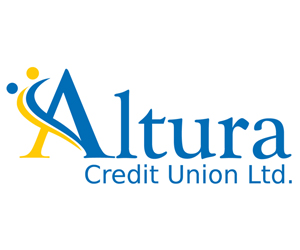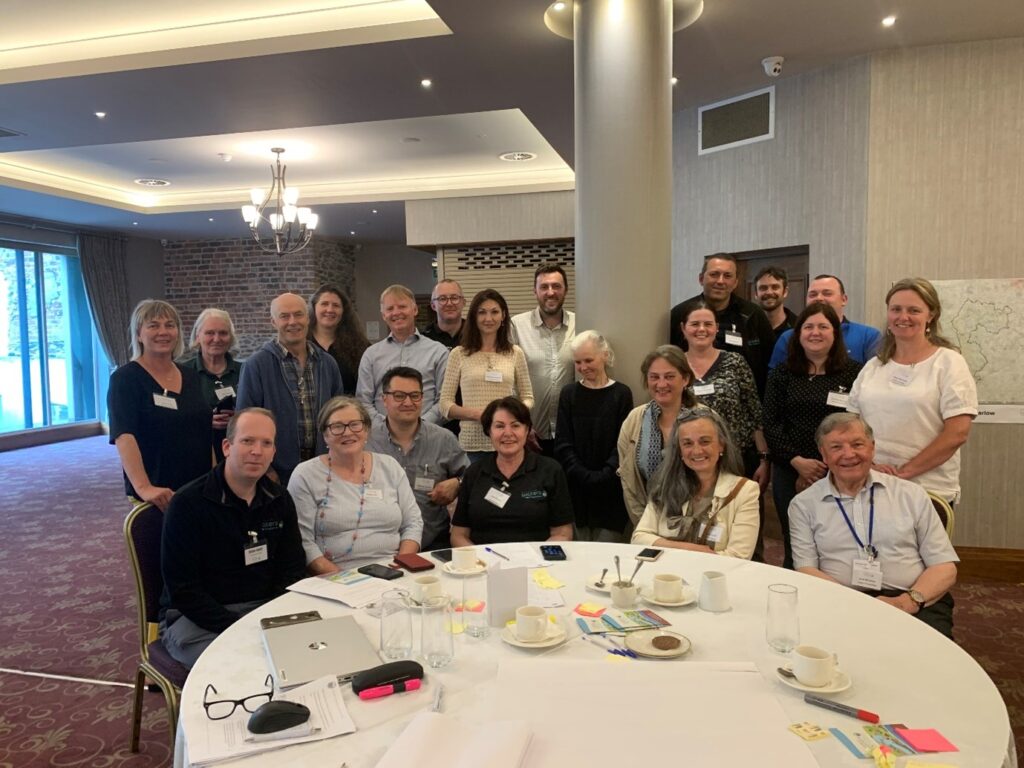The Local Authority Waters Programme (LAWPRO) facilitated a conversation on public participation in water catchment management in the Riverside Park Hotel in Enniscorthy last Saturday. LAWPRO is a national shared service working on behalf of the 31 local authorities in Ireland coordinating efforts to achieve good water quality across the country.
Community groups and representatives from across the River Slaney catchment met to discuss and co-design a community forum model for Ireland, focused on improving local water quality and ways to actively engage communities in the river basin management process. This is part of a wider initiative across the country to develop a model for community and public participation as part of the next River Basin Management Plan, which will be published shortly.
The River Basin Management Plan is Ireland’s roadmap for restoring and protecting water quality, across the 46 river catchments in Ireland. An ambition in the plan, is to put in place community fora that meet the needs of local communities when it comes to involvement in water quality management.
Speaking at the workshop Dr. Fran Igoe, Regional Coordinator with LAWPRO said: “Today is part of a wider process of developing a public participation process for Irish rivers that reflects the aspirations of community groups. This River Slaney workshop will inform that process and we are delighted with such a great turnout.”
He went onto explain the current water governance process within the River Basin Management Plan and anticipated next steps. This was followed by an excellent presentation on the water quality status of the River Slaney by Michael Nugent with support from colleagues in LAWPRO. Detailed maps of the water quality pressures (or issues) were also on display for delegates to review throughout the day.
The River Slaney catchment was chosen as one of five pilot areas to have a focus group discussion and was selected on account of its geography and the wide range of sectors and industries operating within it. All of these potentially pose water quality challenges that need to be met by actions taken at the individual, local and national level, if we are serious about achieving sustainable water management.
“It was great to meet people who were so passionate about the river, working together to come up with a model to safeguard the future of our rivers and to protect them. It’s a team effort with everybody living in a catchment to work to improve water quality. It was very solutions focused rather than passing blame which was refreshing.” Alan Poole, Dairy farmer from Gorey.
Representatives from the Enniscorthy Tidy Towns, Wicklow Uplands Council, The Slaney Rivers Trust, The Ahare River and Biodiversity Development Group, Coastwatch, Myshall Nature/Myshall Muintir Na Tire, Wexford PPN, Soul Sanctuary Wexford, Wexford Naturalists Field Club, Tirlán’s dairy suppliers, Enniscorthy Fáilte, Enniscorthy Tidy Towns, Slaney River Trust- Fisheries Consultant, Myshall Nature/Myshall Muintir Na Tire, Sustainable Enniscorthy, Author- Gorey, Teacher & Angling Club, Slaney River Trust CLG, Protect Moylisha Hill as well as private individuals took part.
Philip Isard, senior facilitator with Quality Matters outlined the purpose of the workshop and facilitated the sessions, with the support of LAWPRO staff from catchment science and community teams. A range of questions and potential management scenarios for the participants were put forward for consideration and discussion, and all feedback was recorded.
Quality Matters will take the workshop feedback and information and prepare a synthesis report which will be brought forward, along with the other pilot outputs to the Department of Housing, Local Government and Heritage for consideration during implementation of the next River Basin Management Plan.
There were some questions specific to the Slaney concerning water quality challenges posed by different sectors including agriculture. This offered the opportunity to raise awareness of the new €60m Farming for Water EIP project and Tirlán’s Farming for Water Slaney project. Both of these initiatives were recently launched and pay farmers for work to improve water quality and complement each other. The need for a good uptake of measures by farmers and landowners and integration of the two projects to achieve the best water quality outcomes was emphasised. Other issues raised at the workshop were captured with a view to addressing in more detail at a later stage.
There was great engagement in the room and lots of energy around what needs to get done and how we can go about improving and protecting water quality.

